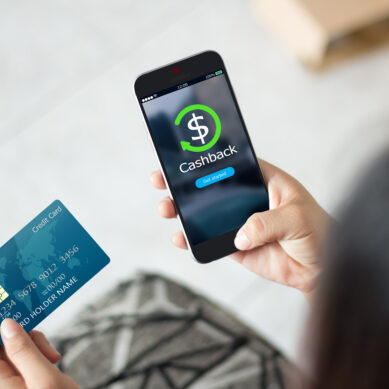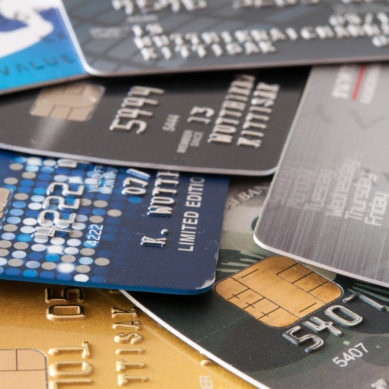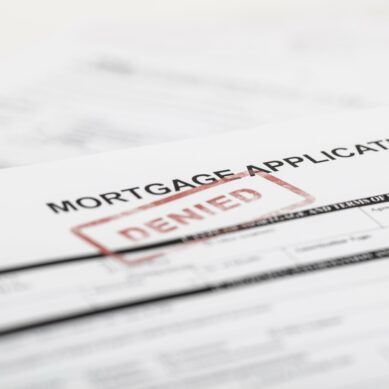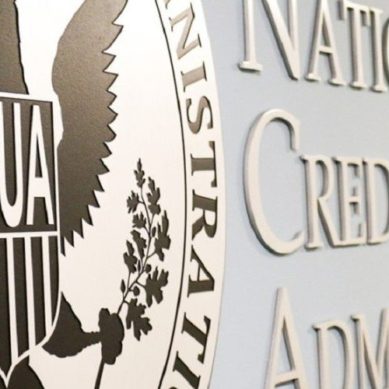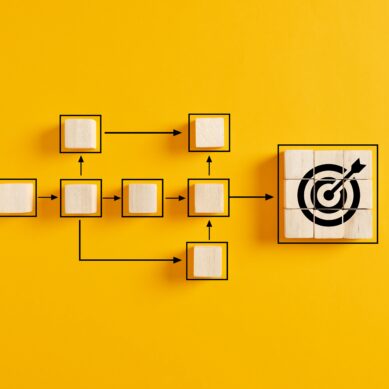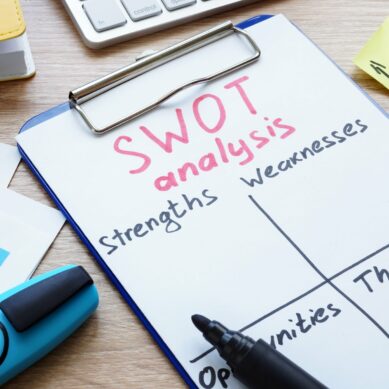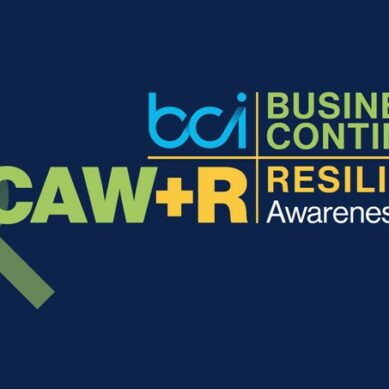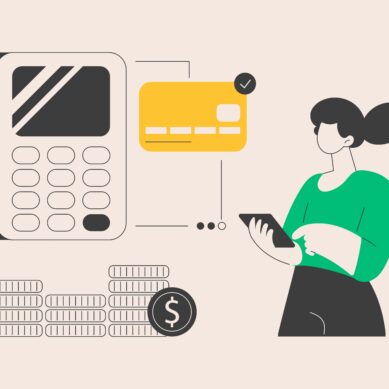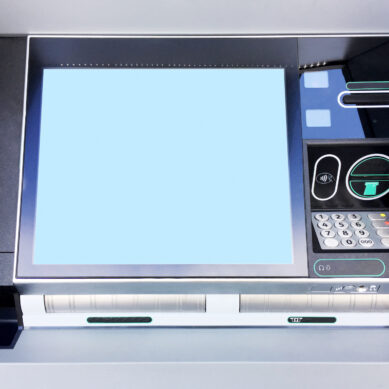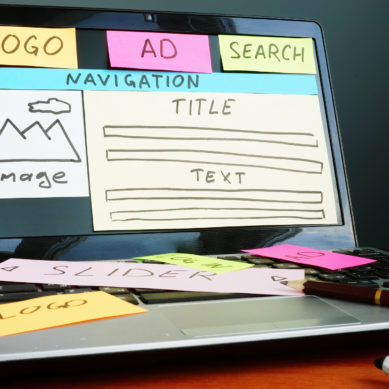As a consultant to a network of credit unions, I often hear them say they want to go paperless, but they usually underestimate what that means. Frequently, when I ask if they truly want to go completely paperless, they reply with an eager and committed, “Yep, paperless! No paper!” To which I then say, “Great! What are you going to do with your copier, printers, file cabinets, and faxes?”
This is the point where reality usually hits them. After giving me a bewildered look, they acknowledge that maybe they don’t want everything paperless right away. I then confirm, that they’re looking to go mostly paperless, and from that point on in the conversation, we’re on common ground.
Now I must admit, this can seem like I’m picking on them a bit and crushing dreams, but I like to think of it as being realistic. Believe me, they’ll figure out eventually that it’s just not practical to be 100% paperless. The world just isn’t ready. Have you heard anything about checks going away? I bet you’ve heard that cash is going away too with the advent of plastics. Maybe you don’t use either, and you don’t know many people who do, but despite that, cash and checks haven’t gone away. Are they going away any time soon? Not likely.
So, let’s set our sights on something attainable. Going mostly paperless and where it makes sense. Here are some areas to jump at a paperless process and here are also some areas you may wish to avoid or at least put toward the end of the line and tackle last.










